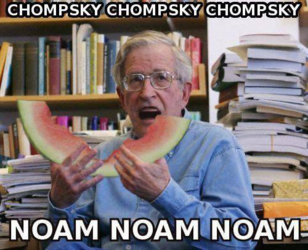- Joined
- Jul 4, 2022
I personally think this thread is long overdue because I've seen many threads about languages and grammar, so some kiwis do have an interest in linguistic related topics. And lots of kiwis speak other languages.
Sperg about languages, grammar, spelling, phonetics, whatever. Things you like, things you don't... Do you guys find it boring, interesting...

To start with something random I find it really funny that the verb 'to parent' in spanish is 'criar'; in english it's linked to the parents and in spanish to the offspring even though it means the same thing; "to care for"
Sperg about languages, grammar, spelling, phonetics, whatever. Things you like, things you don't... Do you guys find it boring, interesting...

To start with something random I find it really funny that the verb 'to parent' in spanish is 'criar'; in english it's linked to the parents and in spanish to the offspring even though it means the same thing; "to care for"
Last edited: